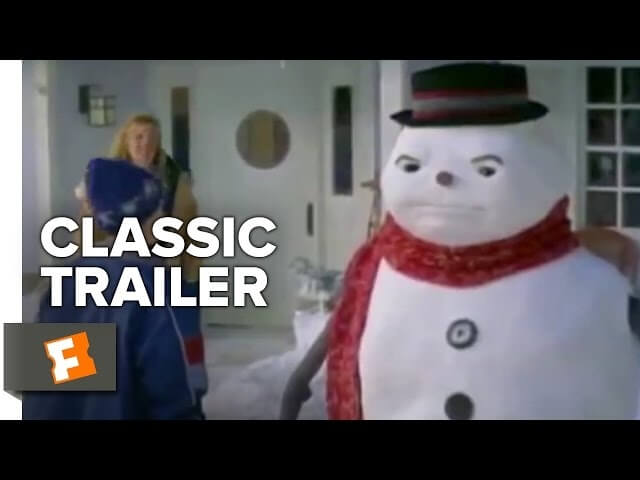My father the cat: 12 movie parents who learned their supernatural lesson

The concept behind Nine Lives, which comes out this week, is both totally bonkers and totally clichéd: Kevin Spacey plays a billionaire businessman obsessed with work who neglects his wife (Jennifer Garner) and daughter (Malina Weissman), who adore him. Then magical pet-shop owner Christopher Walken sells him a cat named Mr. Fuzzypants as a birthday present for his daughter, and Spacey is stuck inside the cat’s body before he even gets it home from the store. What better way to teach him the value of spending time with family? As bizarre as that plot sounds, this is hardly the first time a neglectful—or overbearing or argumentative, but usually neglectful—father (or mother, but usually a father) has been served with a cosmic summons to start being a better parent in a family-friendly movie. This isn’t even the first time Christopher Walken has served as the mystical facilitator of these parenting lessons; he played a similar role as the guy who sells Adam Sandler a magic remote control in 2006’s Click.
This trope has been around for decades, but enjoyed a renaissance in the ’90s and ’00s for reasons that may have involved rising divorce rates, or longer work weeks, or maybe just the need to stock video-store shelves with virtual babysitters for parents ironically looking to occupy their progeny for a couple of hours so they could get some things done. They also tend to star middle-aged comedians like Tim Allen, Eddie Murphy, and Adam Sandler attempting to stave off irrelevance in the family-film market, and with a few exceptions, tend to get mixed reviews at best. Here are 12 variations on a working-parent-shaming theme and the curses inflicted upon each of them.
